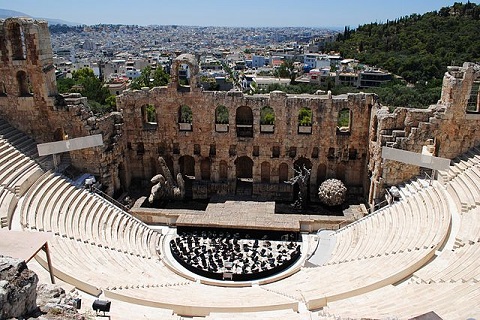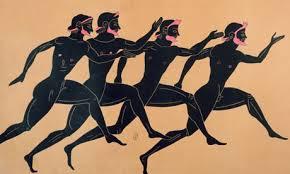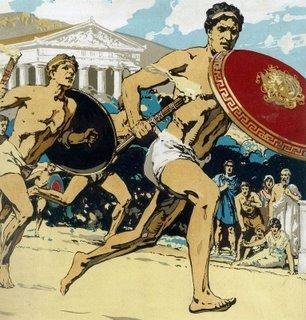Most Western historians argue that modern Western culture owes its biggest debt to Ancient Greece (800 - 600 BCE). Almost every aspect of 21st century life has tangible reminders of the legacies of ancient Greece.
Shelley wrote in her preface to ‘Hellas’ that “we are all Greeks. Our laws, our literature, our religion, our arts have their roots in Greece. But for Greece - Rome the conqueror, or the metropolis of our ancestors, would have spread no illuminations with her arms and we might still have been savages and idolaters”¹.
The highest point of Greek culture and what most people associate with ancient Greece is Athens following the Persian wars. This ancient Greece was comprised of city states comprised of a city and its surrounding area. Each city state had its own form of government and those who lived in these cities considered themselves citizens of their city - not of anything called Greece². The Persian war is what really united Greece as a region of Greeks.
Greek poets, mathematicians and architects and philosophers created a culture we still identify with today. They introduced our vocabulary for politics, dedicated history and the idealization of democracy².
Aristophanes was a comic playwright who is studied by many students today. Most students do not realize that Aristophanes was the King of Comedy in his time and that most of his 11 surviving plays are examples of hilarious satire against elitist Athenians².
References:
1. Paths from Ancient Greece. Retrieved from http://books.google.ca/books?id=NAwVAAAAIAAJ&pg=PA27&redir_esc=y#v=onepage&q&f=false
2. The Persians & Greeks: Crash Course World History. Retrieved from http://www.youtube.com/watch?v=Q-mkVSasZIM
Image Credit: Wikimedia Commons
© BrainMass Inc. brainmass.com April 19, 2024, 7:37 pm ad1c9bdddf

